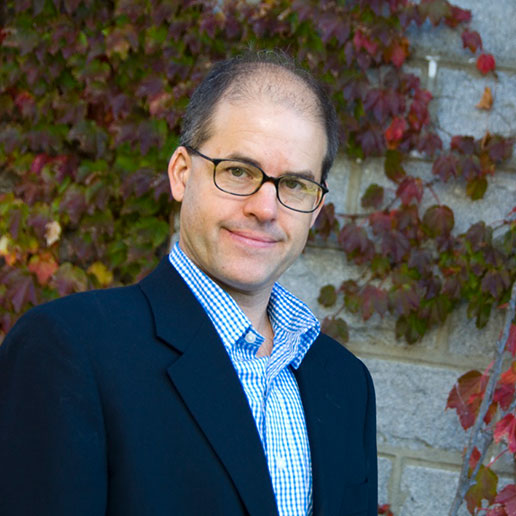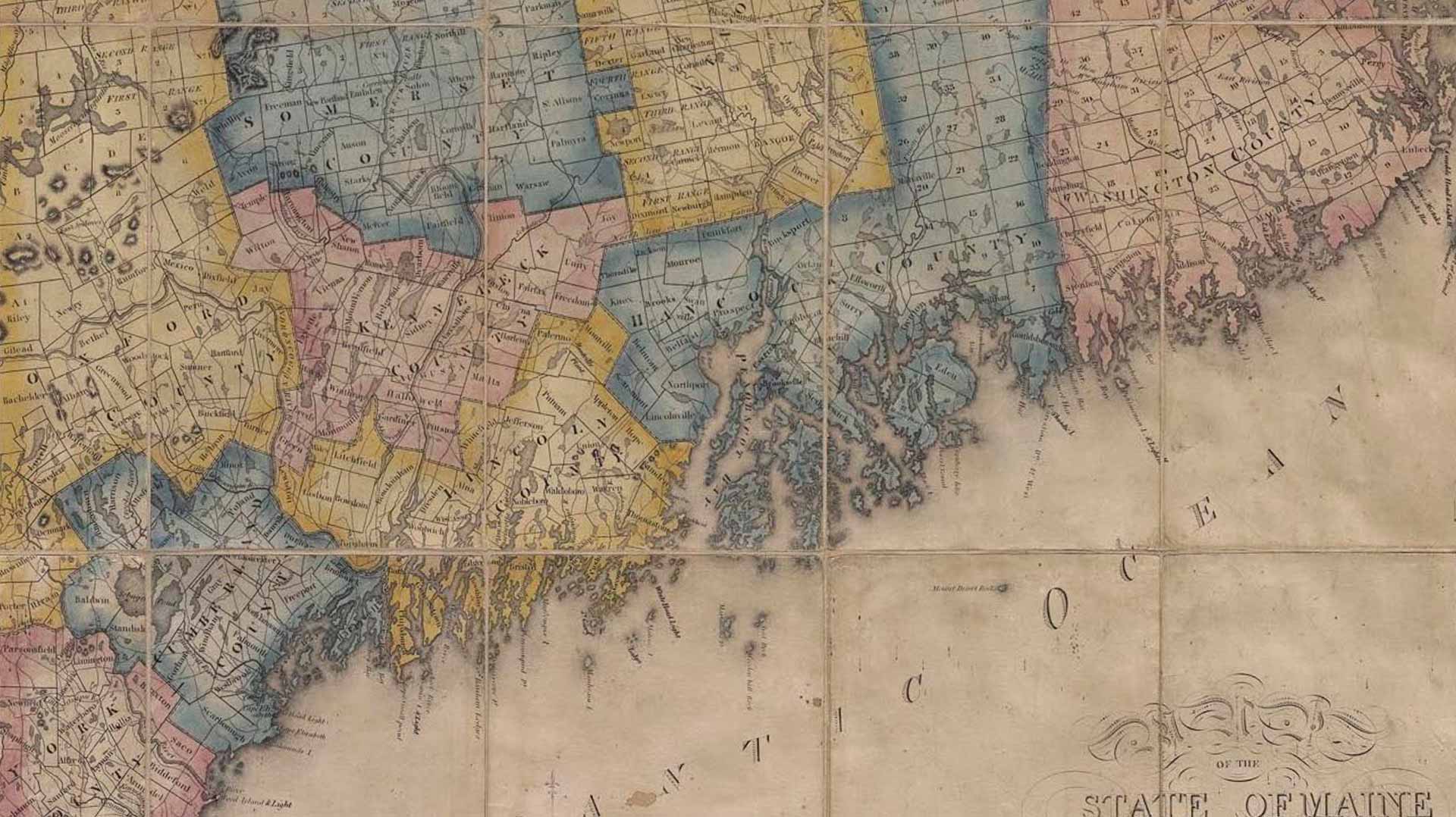Professor of History, University of Maine
he/him
Liam Riordan is a faculty member in the Department of History at the University of Maine in Orono. He is a specialist on the American Revolution, and has published about religious, racial and ethnic diversity in the Philadelphia region from 1770 to 1830, and the history of Loyalists. Riordan currently serves on Bangor’s Historic Preservation Commission.
He is the past the Director of the University of Maine Humanities Center, and a former board member of the Maine Humanities Council. He helps organize Maine National History Day, a statewide history contest for middle and high school students. Liam’s wife is the principal of Reeds Brook Middle School in Hamden and they have two children.

Talks
Picturing Maine’s Indigenous Context: Colonialism and the Penobscot
This illustrated lecture uses the recent removal of the Gomez Memorial in Bangor, Maine, and four works of art created from 1835 to 2020 to reconsider how we understand colonialism in the lower Penobscot river and bay as well as the experiences of Penobscot people and their nation. Contemporary Wabanaki vitality has profound implications for how we should understand colonialism and this region in the past, present, and future. Our shared landscape is inscribed with memories about the past (from place names to monuments and more) that provide a rich point of entry to better understand ourselves and our history.
Does Anything from the Year 1776 Matter Today?
The Declaration of Independence is a fixture of American culture and the reason that many of us try to spend time with family, picnic, and see fireworks on the Fourth of July. This illustrated talk looks at the text of the famous document (“all men are created equal…with certain unalienable Rights, that among these are Life, Liberty, and the pursuit of Happiness”) and considers some of its late-eighteenth century context. This will set the stage for a discussion about the meaning of the Declaration’s political ideals as well as its more sordid qualities for US public life today.

